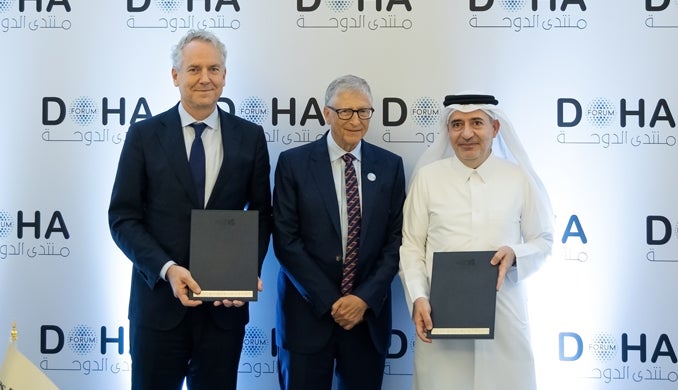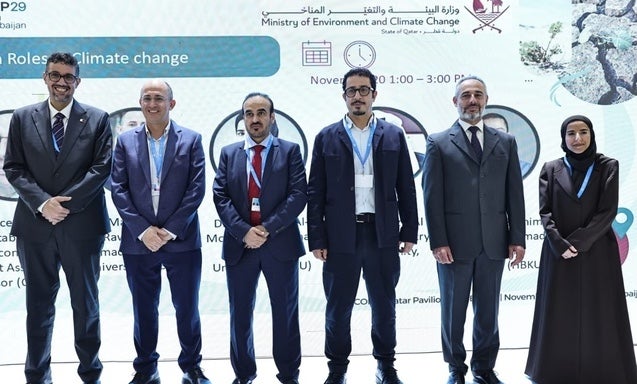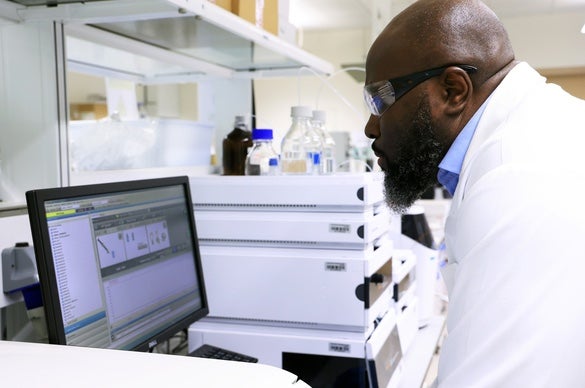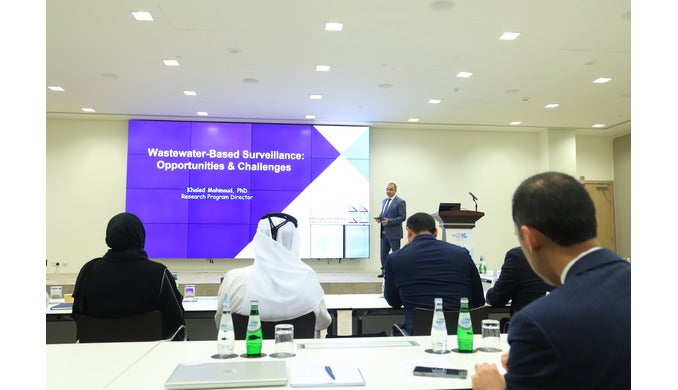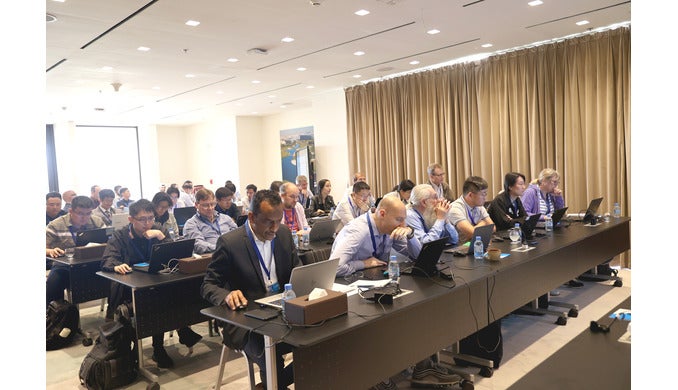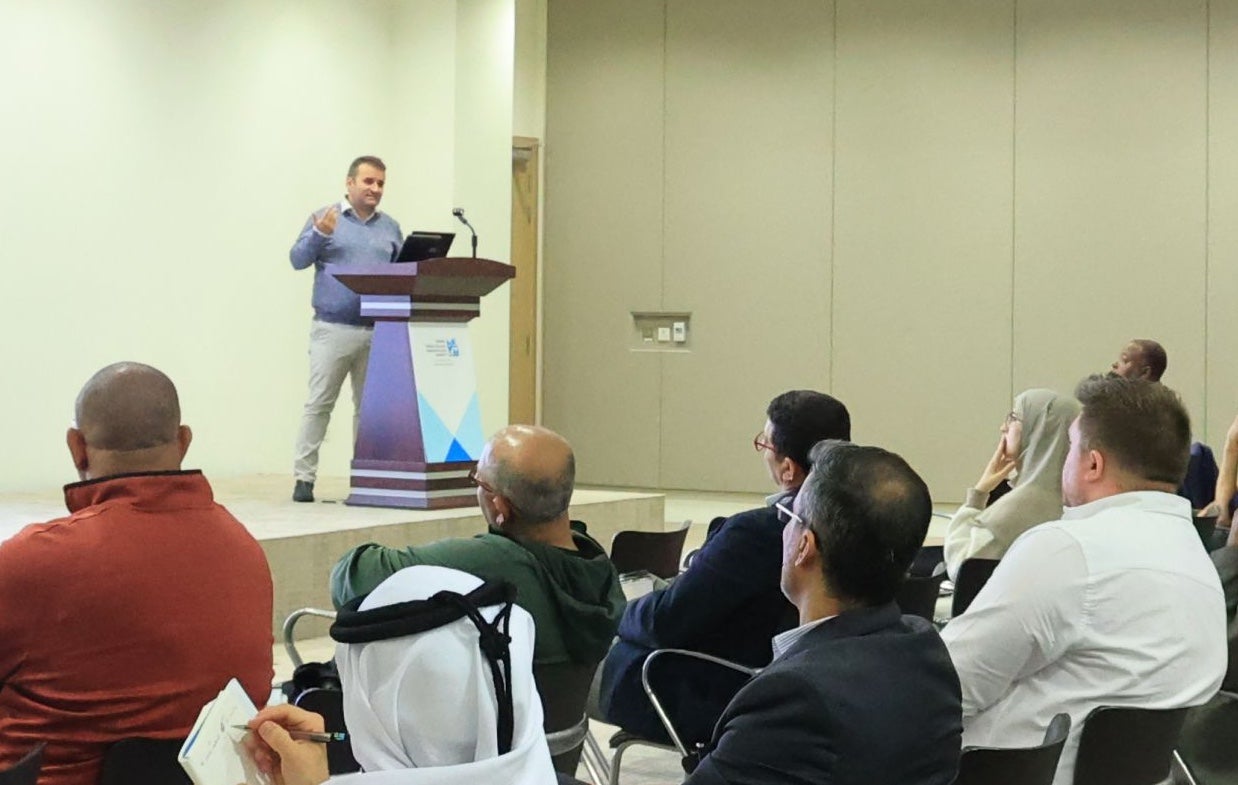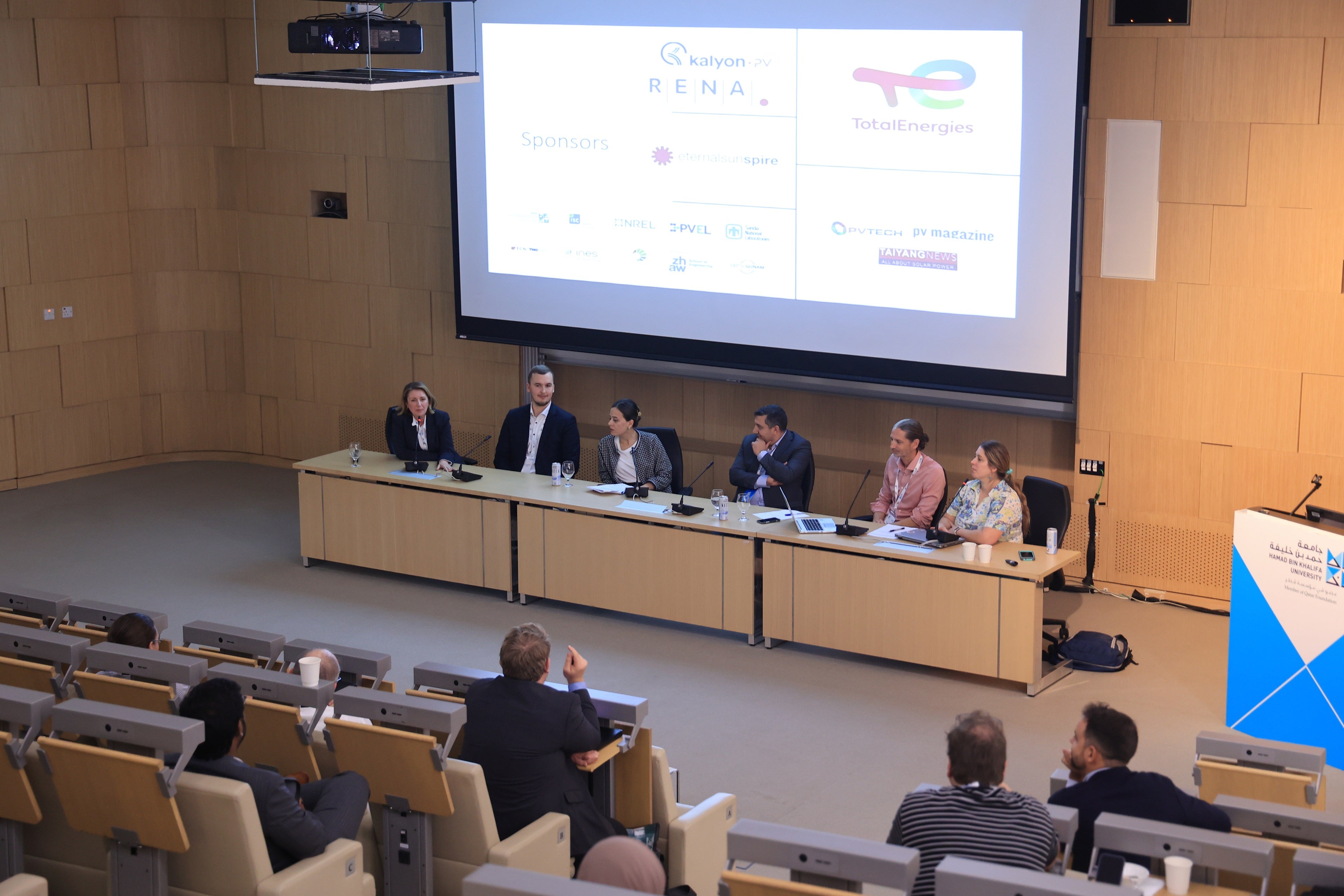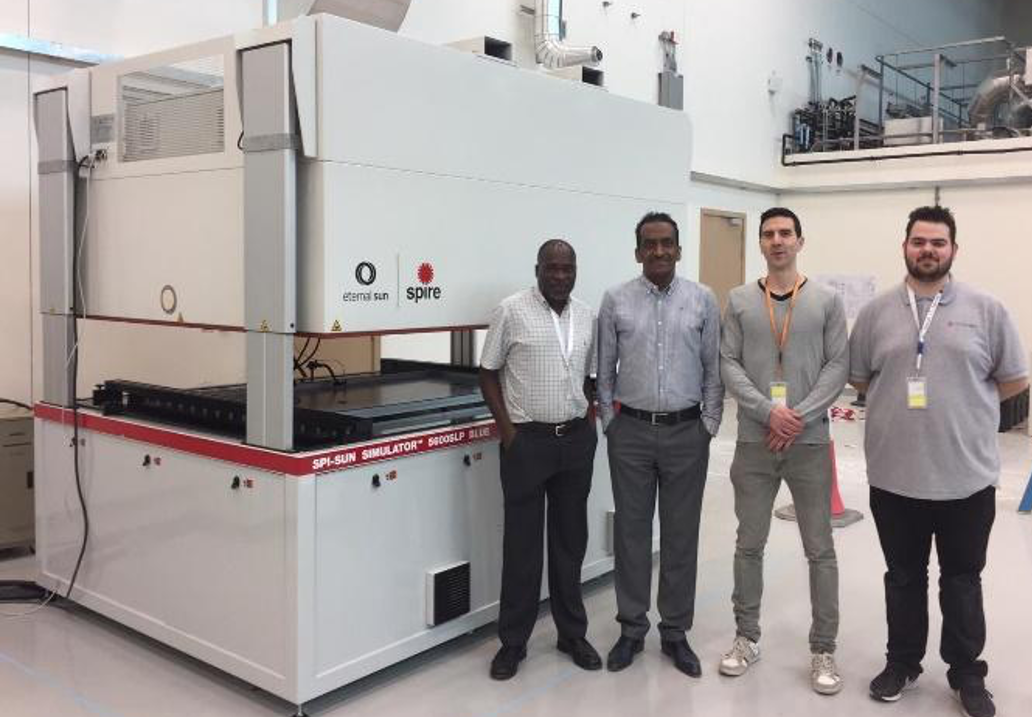
Qatar Environment and Energy Research Institute (QEERI), part of Hamad Bin Khalifa University, aims to achieve the lowest temperature coefficient measurement uncertainties with Eternalsun Spire long pulse xenon flasher. The temperature-controlled laboratory flasher is a critical piece of equipment used by QEERI to provide key data and performance control to the 800MW Al Kharsaah solar park, ensuring optimization and long-term quality control of the solar plant.
QEERI’s goal as a national research institute is to lead Qatar in the fields of environment and energy and become the science and technology reference at a national and international level. Like all Sunbelt countries, Qatar experiences high temperature and high solar irradiation that far exceed the Standard Test Conditions (STC) of 1000 W/m2 and 25°C. Therefore it is important to understand module performance at different temperature and irradiance levels, simulating real desert conditions. To gain this knowledge, QEERI has recently added the high-end Temperature Controlled Lab Flasher (TCLF) from Eternalsun Spire to its state-of-the-arts Photovoltaic (PV) reliability laboratory.
The TCLF allows QEERI to measure the performance of modules at non-standard test conditions with the lowest measurement uncertainty proving of value to QEERI and its clients across multiple areas:
- It improves the accuracy of energy yield predictions, which reduces the safety margin added when tendering or designing a PV plant such as Al Kharsaah solar park.
- It adds certainty to their module selection process by knowing which modules perform best under site specific irradiance and temperature conditions.
- Long-term quality control of modules can be tested, research and assured, ensuring that the performance degradation of modules meets the 20 to 30-year warranted value.
- A range of research topics can be investigated, particularly relating to performance and degradation of modules at non-standard test conditions.
A concrete example of the immediate value that low measurement uncertainty can have when performing measurements at non-standard test conditions, are temperature coefficients. In industry typical measurement, uncertainties of temperature coefficients have been around 10%. A 10% difference in temperature coefficient equates to approximately 1.2% uncertainty in energy yield calculations for Sunbelt regions. This 1.2% has a financial impact estimated at 1.8M for a 100MW plant over a 20-year lifespan.
Why QEERI Chose Eternalsun Spire
QEERI has chosen the Eternalsun Spire TCLF as it achieves an overall measurement uncertainty of less than 5 percent for temperature coefficient measurements. This is important for energy yield prediction of solar plants installed in desert climates. The lowest measurement uncertainty is accomplished using a combination of extremely accurate simulated sunlight qualities: >200 ms long and stable pulse, wide 300-1200 nm spectrum with >99% Spectral Coverage, and extreme high resolution uniformity and repeatability (>99,85%); with an integrated built-in temperature chamber with extremely stable temperature control from 10-85 °C, a low temperature non-uniformity of ±1 °C, and automatic temperature coefficient and energy rating recipe software.
The long pulse enables accurate and fast measurements of PV modules without the need for software corrections. The wide spectrum 300-1200 nm with >99% Spectral Coverage (SPC), according to the latest IEC 60904-9 Ed3 (published September 25, 2020), allows for the measurement of the additional efficiency gains achieved in PV technologies such as PERC, HJT and TOPCon. These technologies increase their efficiency through increased spectral response particularly in the 300-400 nm and 1100-1200 nm ranges.
Mr. Amir A. Abdallah, scientific researcher at QEERI, stated: “After carefully investigating our options in the market, we chose the TCLF system from Eternalsun Spire to bring our laboratory to the forefront of high quality testing of different PV module technologies at non-standard test conditions.”
Mr. Alex Goscomb, sales manager of Eternalsun Spire, commented: “We are proud of our collaboration with QEERI, and we look forward assisting them to achieve their goal of becoming a leading solar research institute and progressing the implementation of solar.”




